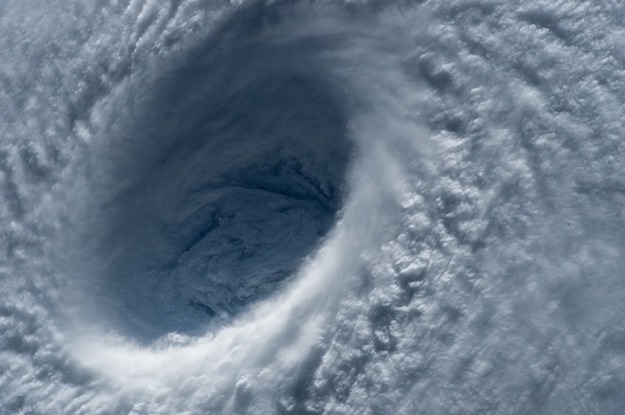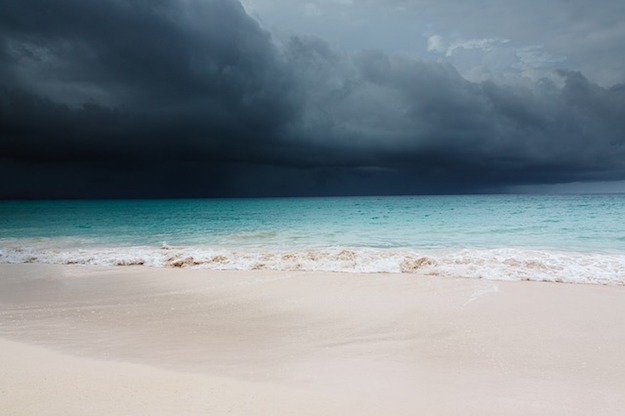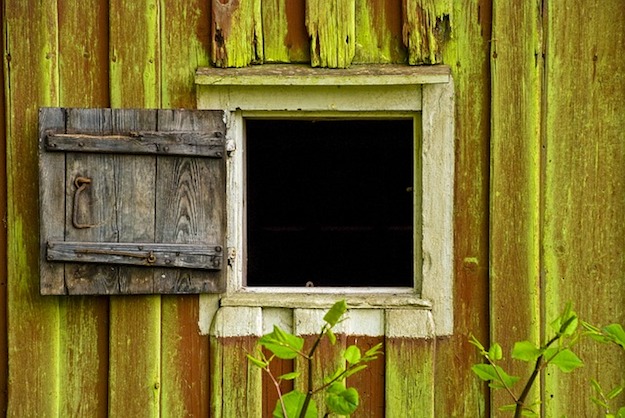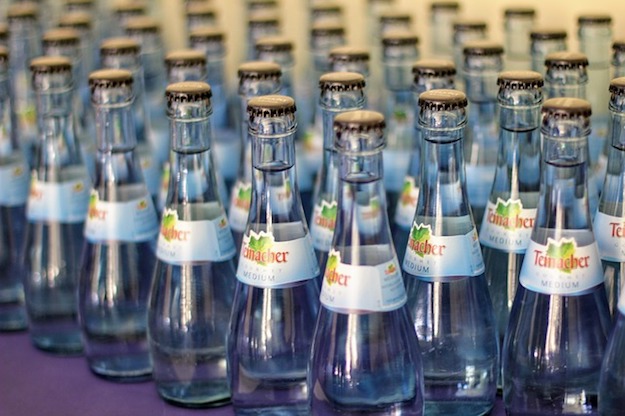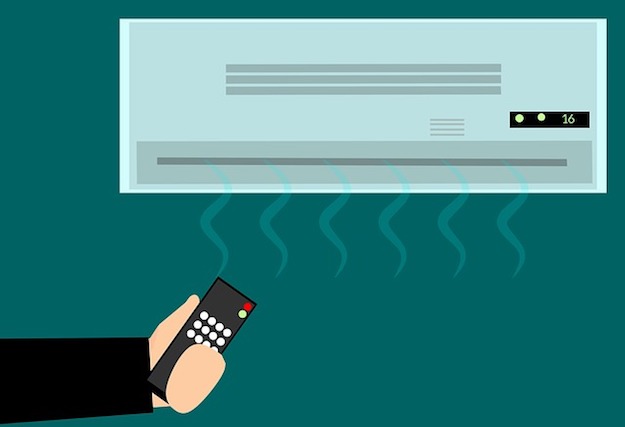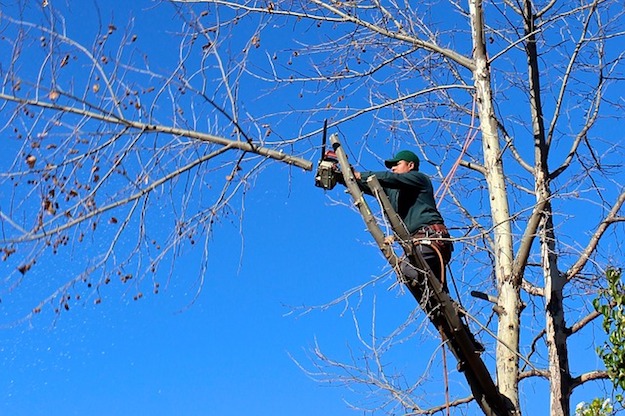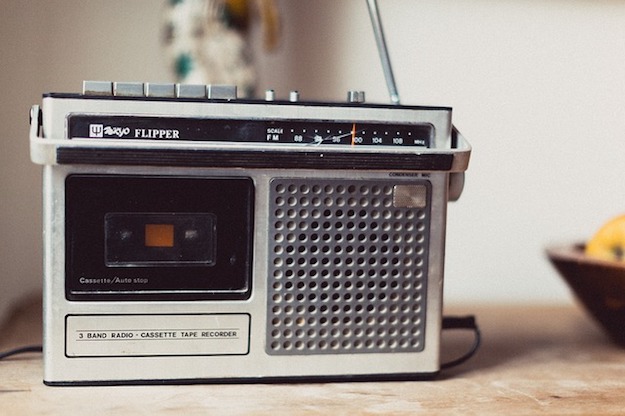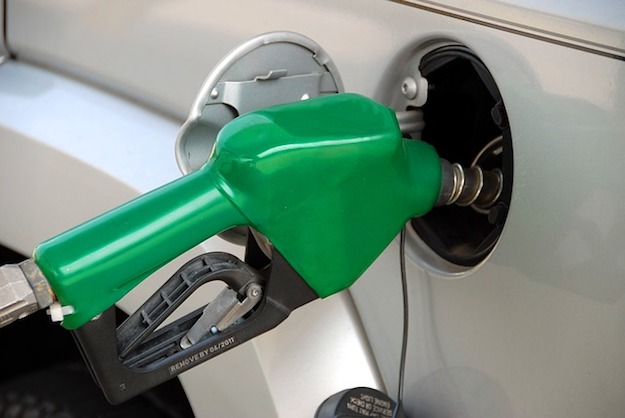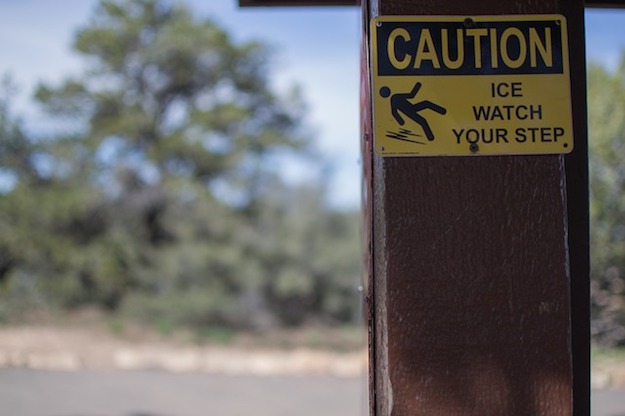If hurricane survival is your goal, then preparedness is the solution. Being prepared is the most effective way to increase your chances of surviving natural disasters. We all know the destructive power of hurricanes, with the storm surges and flooding, as well as the turbulent winds.
How to Survive a Hurricane
Getting ready for natural disasters like these always involves having a hurricane survival kit and we have written a brief post on this before, which includes some tips. These kits are almost always the most underrated and ignored survival tricks, which is a sad thing because these kits are in fact very useful. Have one ready at all times and remember to check the contents regularly and replace those that have expired.
Once you have taught yourself on packing and maintaining a kit, you have taken the first step towards emergency preparedness. Others may find this simple thing difficult to do, much less have the time to do it. We can never stress enough the importance of getting ready for anything.
Here are some tips to guide you in surviving hurricanes. If you have anything more to add, feel free to put them in the comments section.
Before a Hurricane
1. Prepare a supply kit
The most basic things you will need are food, water, clothing, bedding, first aid supplies, battery operated lighting, and tools. Also, consider wrapping all of your supplies in plastic sheets, to prevent them from getting wet should flooding occur. It would also be wise to invest in an inflatable raft large enough to carry your family and some supplies, just in case.
Supply kit contents:
- Water – at least 1 gallon daily per person for 7 to 10 days. Katrina and Wilma should have emphasized the importance of having sufficient water on hand. Don’t forget some for your pets.
- Food – at least enough for 3 to 7 days
— non-perishable packaged or canned food / juices
— foods for infants or the elderly
— snack foods (Peanut butter; mixed PB&J; breakfast bars; crackers; canned fruit; raisins; chips;
— non-electric can opener
— cooking tools / fuel
— paper plates / plastic utensils / paper cups
— trash bags and duct tape – useful for clean-up, or patching leaks in an emergency - An ax to use if you stay and need to escape from your house – or other uses
- Blankets / Pillows, etc.
- Clothing – seasonal / rain gear/ sturdy shoes
- First Aid Kit / Medicines / Prescription Drugs
- Special Items – for babies and the elderly
- Toiletries / Hygiene items / Moisture wipes
- Bug spray, Cortisone for bug bites
- Sunscreen & Lotion
- Tarp to cover holes if needed.
- Bleach
- Water purification tablets
- Waterless soap, this saves water for drinking
- Flashlight / Batteries
- Radio – Battery operated and NOAA weather radio
- Battery operated television, with extra batteries.
- Cash – Banks and ATMs may not be open or available for extended periods. Make sure you have small bills because it will often be difficult to get change. If you only have a $100 and water is $10 for a case and you are limited to one case, you do not want to have the choice of paying $100 or having no water.
- Keys to house, cars, boats etc
- Toys, Books and Games
- Important documents – in a waterproof container or watertight resealable plastic bag
— insurance, medical records, bank account numbers, Social Security card, etc. Don’t forget your re-entry documents (e.g. stickers or passes). Many barrier islands require some documentation in order to return. Keep important phone numbers here. You may know them, but a loved one may not. - Tools – keep a set with you during the storm. A pocket knife, nails, a hammer and rope are important elements. Towels and buckets are useful too if you develop a leak.
- Vehicle fuel tanks filled
- Pet care items
— proper identification / immunization records / medications
— ample supply of food and water
— a carrier or cage
— muzzle and leash
2. Know your surroundings
Learn the elevation level of your property and whether the land is flood-prone. This will help you know how your property will be affected when storm surge or tidal flooding are forecasted. See more…
3. Cover all of your home’s windows
Permanent storm shutters offer the best protection for windows. A second option is to board up windows with 5/8” exterior grade or marine plywood, cut to fit and ready to install. Another year-round option would be installation of laminated glass with impact-resistant glazing. Tape does not prevent windows from breaking. More tips from ready.gov
4. Keep a water supply
Store water in plastic containers such as soft drink bottles. Avoid using containers that will decompose or break, such as milk cartons or glass bottles. A normally active person needs to drink at least two quarts of water each day. Hot environments and intense physical activity can double that amount. Children, nursing mothers, and ill people will need more. Store one gallon of water per person per day. Keep at least a three-day supply of water per person (two quarts for drinking, two quarts for each person in your household for food preparation/sanitation). Click here for the full post.
5. Keep a food supply
Store at least a three-day supply of non-perishable food. Select foods that require no refrigeration, preparation or cooking, and little or no water. If you must heat food, pack a can of sterno. Select food items that are compact and lightweight. Include a selection of the following foods in your Disaster Supplies Kit:
- Ready-to-eat canned meats, fruits, and vegetables
- Canned juices
- Staples (salt, sugar, pepper, spices, etc.)
- High-energy foods
- Vitamins
- Food for infants
- Comfort/stress foods
See more here.
6. Make a plan
Have a family communication plan so family members know how to let others know they are safe and have a plan for reuniting if separated.
7. Crank up the cold
Turn your refrigerator and freezer to the coldest setting so that food will last longer should the power go out. Keep the doors closed as much as possible to hold in the cold air.
Read more here.
8. Trim trees and hedges
Trim trees, hedges and bushes before hurricane season so that the wind can blow through easily. Limbs can become projectiles, breaking windows and damaging roofs.
Continue reading.
9. Make a list
Keep a list of loose items that need to be brought in or tied down such as patio furniture, garbage cans, plants, pool filter, etc. Don’t forget the mailbox and TV antenna.
To read the whole article click here.
10. Invest in a small generator
A small gas-powered motor can produce small amounts of electricity, providing you with essentials for a few hours at a time if power lines are down after the storm.
Get one before the hurricane hits: if you wait till the storm has come and gone, you’ll be looking for a generator with everyone else. In that case, expect very long lines and seeing empty shelves where generators used to sit in your local hardware store. Read more.
11. Buy a radio
Invest in a National Oceanic and Atmospheric Administration (NOAA) weather radio to keep track of what is going on. These broadcasts are sent out via VHF radio waves, so any receiver that can pick up such broadcasts will do.
See more.
12. Make an evacuation plan
Coastal residents should form evacuation plans before a warning is issued to identify a safe shelter and a route to get there.
Read more.
13. Keep a life preserver
Stash an axe and life preservers in the upper story, or attic, of your home. Remember, most of the drowning victims of Hurricane Katrina were people who stayed in their homes and found themselves trapped by rising waters with no place to go. Many drowned in their attics, unable to break through the roof to the outside. A few bucks spent on these items ahead of time could save your life! It also wouldn’t hurt to have a raft for your family if you need to escape rising waters.
See more.
14. Invest in a waterproof LED headlamp
I highly recommend that you purchase a waterproof back-country type headlamp with LED bulbs. Headlamps leave your hands free to carry things, or work on things. LED bulbs use a fraction of the power, are far more shock resistant, and last far longer than traditional light bulbs, so your batteries (don’t forget to stock spares) last many times longer.
For the full post, click here.
15. Turn off circuit breakers
If power blinks off and on, turn off all of the circuit breakers except the one that powers a lamp in an internal part of your house.
16. Bring outdoor objects inside
Bring in outdoor objects such as lawn furniture, hanging plants, bicycles, toys and garden tools, and secure objects that cannot be brought inside, the Red Cross says.
Read the full post here.
17. Gas up your vehicles
Make sure you have jumper cables and flares, along with your evacuation kit in your car.
Read more…
18. Download the Emergency App from the American Red Cross
Sometimes all you need is an app for enhanced hurricane survival. Available on the App Store as well as on Google Play.
During a Hurricane
If a hurricane is likely in your area, you should:
- Listen to the radio or TV for information.
- Secure your home, close storm shutters, and secure outdoor objects or bring them indoors.
- Turn off utilities if instructed to do so. Otherwise, turn the refrigerator thermostat to its coldest setting and keep its doors closed.
- Turn off propane tanks.· Avoid using the phone, except for serious emergencies.
- Moor your boat if time permits.
- Ensure a supply of water for sanitary purposes such as cleaning and flushing toilets. Fill the bathtub and other large containers with water.
When to Evacuate
You should evacuate under the following conditions:
- If you are directed by local authorities to do so. Be sure to follow their instructions.
- If you live in a mobile home or temporary structure—such shelters are particularly hazardous during hurricanes no matter how well fastened to the ground.
- If you live in a high-rise building—hurricane winds are stronger at higher elevations.
- If you live on the coast, on a floodplain, near a river, or on an inland waterway.
- If you feel you are in danger.
- If you are unable to evacuate, go to your safe room. If you do not have one, follow these guidelines:
Stay Indoors
- Close all interior doors—secure and brace external doors.
- Keep curtains and blinds closed. Do not be fooled if there is a lull; it could be the eye of the storm – winds will pick up again.
- Take refuge in a small interior room, closet, or hallway on the lowest level.
- Lie on the floor under a table or another sturdy object.
After a Hurricane
1. Beware of heights
Almost half of the people who died during cleanup fell from a roof, ladder or tree. If there is any chance that you will be off the ground after a storm, invest in safety equipment and learn how to use it now. Harnesses, lifelines, lanyards, anchors, slip-resistant shoes and ladder safety devices will help. Remember, the chaotic days after a storm are a bad time to learn how to use unfamiliar equipment. See more…
2. Watch your step
Avoid standing water, which may hide broken glass, sharp metal or a downed power line, and don’t allow children to play in puddles. Be careful using metal tree trimmers or metal ladders around power lines, and make sure appliances are dry before plugging them back in. Electrocution is a very real risk after storms. Click here to learn more.
3. Use a portable generator with caution
Never use a generator inside a home, basement, shed or garage even if doors and windows are open. Keep generators outside and far away from windows, doors and vents. Read both the label on your generator and the owner’s manual and follow the instructions. Any electrical cables you use with the generator should be free of damage and suitable for outdoor use. Continue reading.
4. Beware of fallen wires
Stay away from any downed wires, including cable TV feeds. They may be live with deadly voltage. If you are standing in water, do not handle or operate electrical appliances. Electrical components, including circuit breakers, wiring in the walls and outlets that have been under water should not be turned on. They should be replaced unless properly inspected and tested by a qualified electrician.
Natural gas or propane valves that have been under water should be replaced. Smell and listen for leaky gas connections. If you believe there is a gas leak, immediately leave the house and leave the door(s) open. Never strike a match. Any size flame can spark an explosion. Before turning the gas back on, have the gas system checked by a professional. Click here for more info.
Additional Hurricane Safety Information:
Saffir Simpson Scale:
Being aware is another hurricane survival trick.
Infographic:
Hurricane survival tips simplified. Click here to see the whole image
For awesome survival gear you can’t make at home, check out the Survival Life Store!
Want to know more? Check out these related articles:
Hurricane Safety Tips: Before, During and After the Storm
Emergency Hurricane Survival Kit List & Preparedness Tips
Hurricane Evacuation for When It’s Needed Most Provided in Gone Before Gridlock


